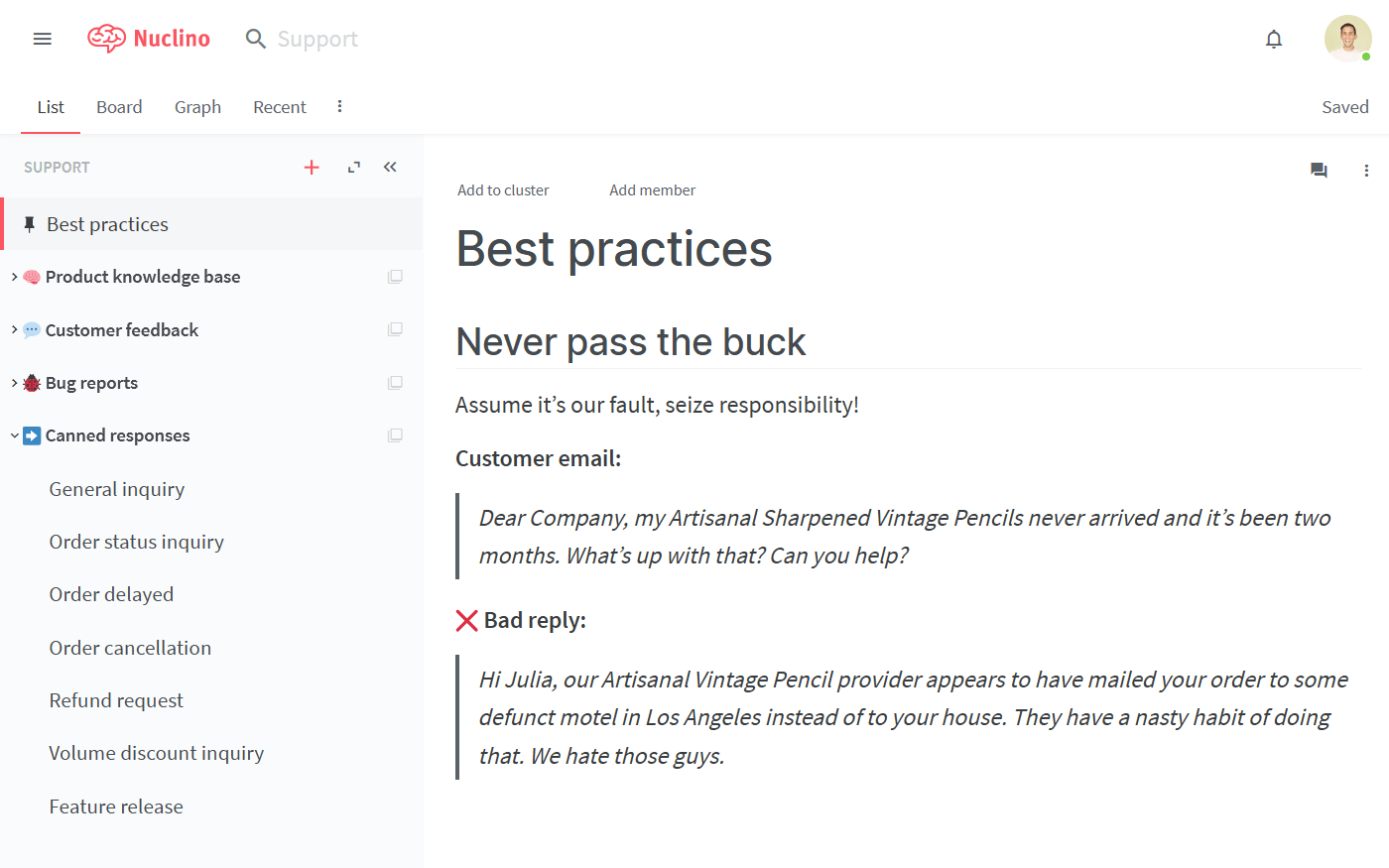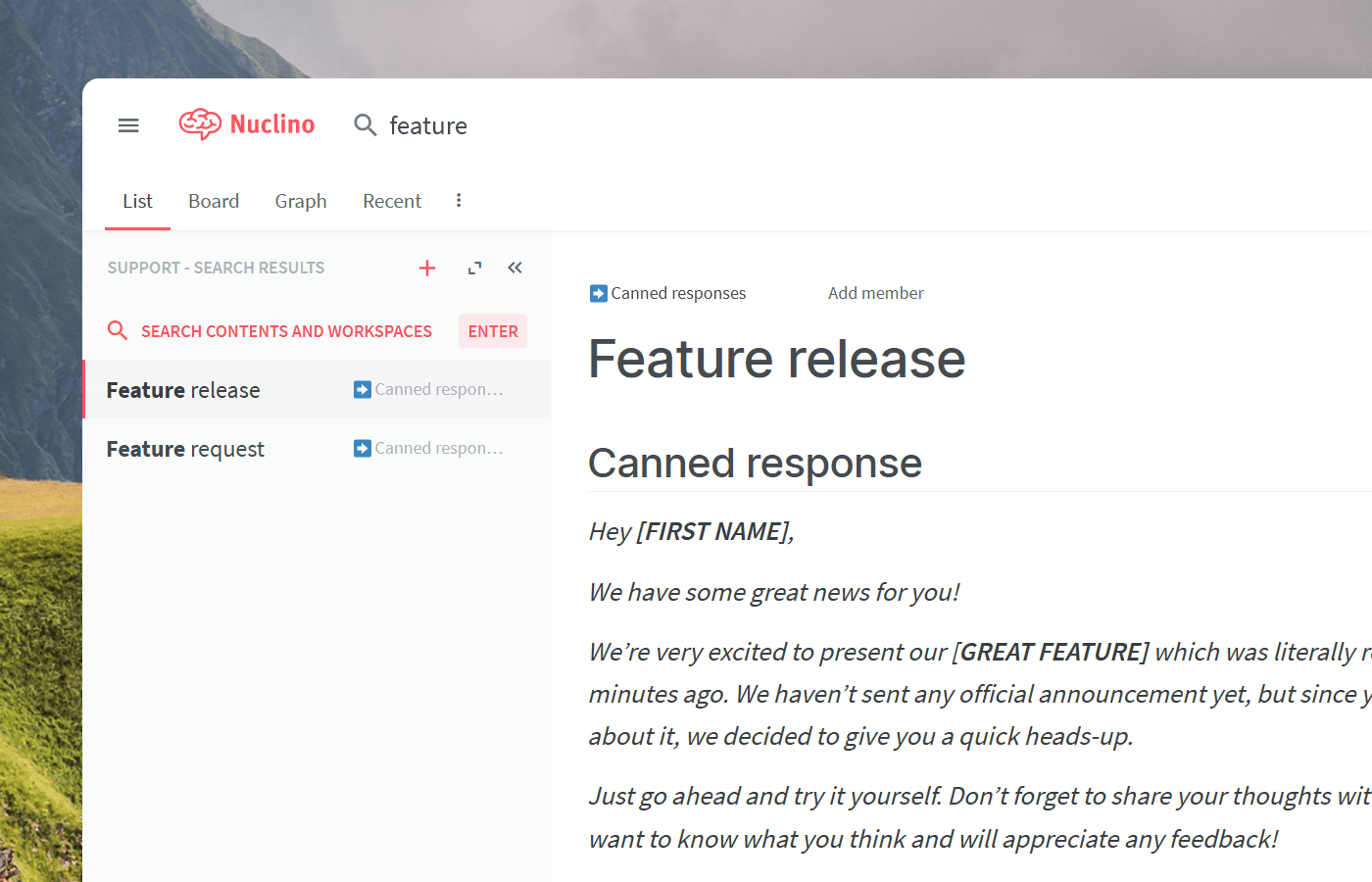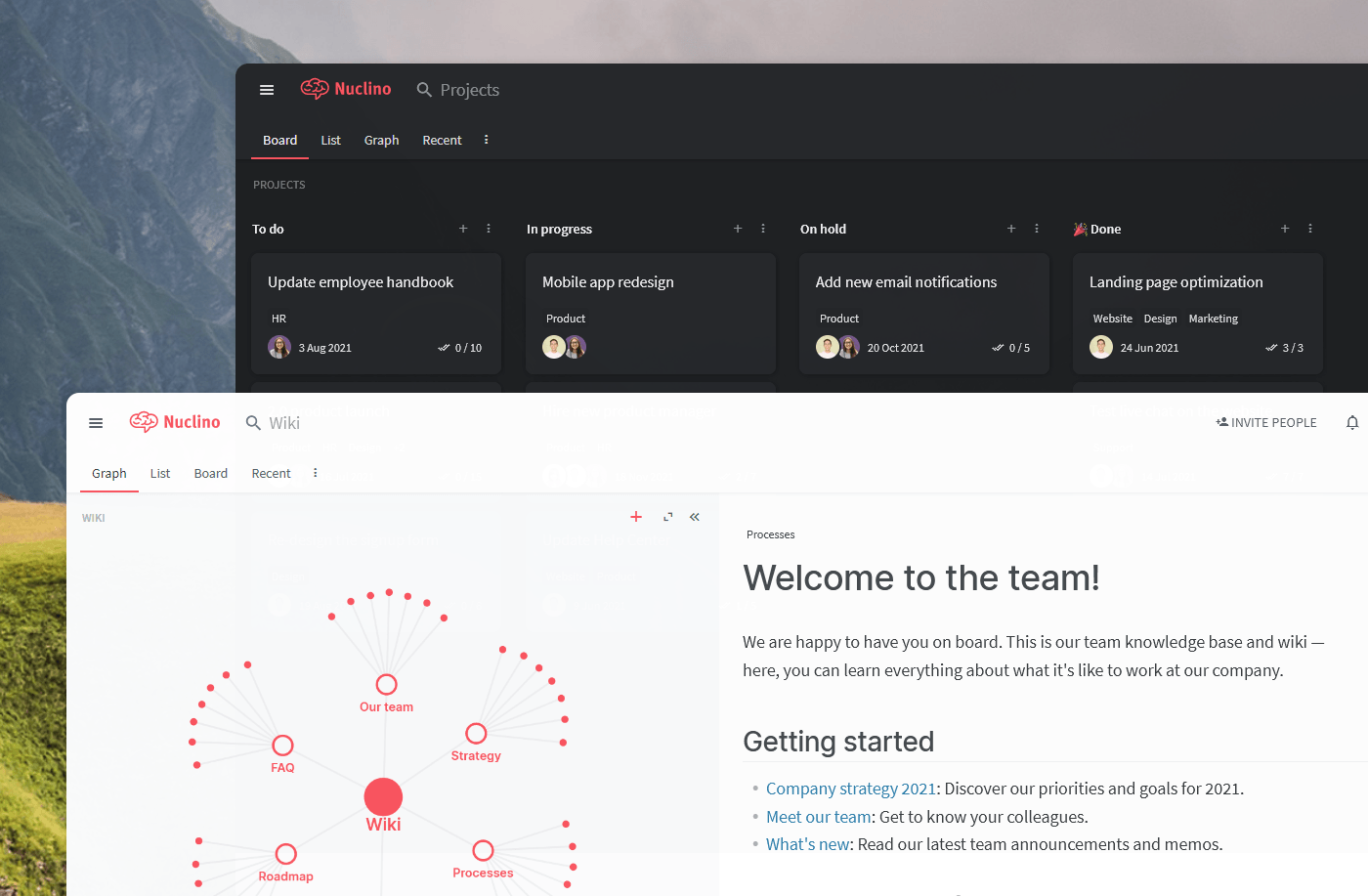Customer Service Training: Tips and Best Practices
Empower your team to deliver exceptional customer experience.
Happy customers are your company's best advocates – even better than your most talented marketers. One of the best ways to make your customers happy – aside from offering a great product – is to provide exceptional customer service.
So why do many companies treat customer service training as an afterthought? Most seem to think they are already pretty great at serving their clients. According to a survey conducted by Bain & Company, 80% of companies believe they provide superior customer experience. Curiously, only 8% of their customers agree with that assessment.
Let's dive deeper into why this gap exists and how it can be closed with the aid of customer service training.
- What is customer service training?
- Why is customer service training important?
- Customer service training tips
What is customer service training?
Customer service training is an employee training program aimed at your customer support team. It refers to the coaching that employees receive to improve their customer service skills and performance, as well as to increase customer satisfaction.
Such training typically covers the following areas:
Product knowledge
Communication skills
Empathy and patience
Attention to detail
Why is customer service training important?
There is no shortage of studies and surveys that show the importance of excellent customer service:
51% of customers will never do business with a company again after a single poor customer service incident.
U.S. companies lose more than $62 billion annually due to poor customer service.
52% of consumers would pay more for a speedy and efficient customer experience.
David Clarke, global CXO and experience consulting leader at PwC, explains:
"Great companies are no longer just product or service companies; they're great experience companies, and the companies that are moving their investments from traditional ways of marketing and advertising into experience-led services and products are the ones that are actually doing better."
But outstanding customer service skills don't come naturally to anyone. You should certainly aim to hire people with great communication skills and suitable personality traits. But that's only the first step. No matter how talented or experienced the individual is, there will always be more to learn.
That's where customer service training comes in. It begins with the new employee onboarding process and continues throughout the employee's time at the company. This effort pays off in various ways:
Improved customer retention. Positive customer service experiences help create loyal customers. And, as multiple studies have shown, it costs less to retain loyal customers than to acquire new ones.
Word-of-mouth and customer referrals. Satisfied customers can share their positive experiences with others through personal recommendations or a referral program. After having a great customer service experience with a company, 77% of customers would recommend it to a friend.
More efficient customer service. Highly-skilled customer service agents can resolve customer issues faster and are able to serve more clients in a shorter period of time.
Faster employee onboarding. Having a customer service training program as part of your employee onboarding process helps new team members reach full productivity faster and deliver consistently excellent service.
Customer service training tips
A customer service training program can take many forms – in-person classes, video tutorials, role-playing exercises, online courses, and so on. Regardless of the format you choose, there are several best practices that can help the process.
Maintain an internal knowledge base
Your support team agents must have full knowledge of your products and services – but asking them to remember everything on the spot is bound to lead to mistakes. Empower your support representatives to find the answers they need by organizing all your customer service training materials and product information in a single internal knowledge base.
Here's an example of such a knowledge base created in Nuclino, a unified workspace where teams can bring all their knowledge, docs, and projects together in one place.

Having one central knowledge repository will help your existing support agents process customer queries faster and will act as a single source of truth for your new hires, enabling your contact center to provide consistent and efficient service to customers. Keep it up-to-date and consider including the following information:
Explanations of your services, products, and features
Recommended canned responses
A list of best practices for resolving queries
Training materials for your help desk, customer service knowledge base, CRM, live chat, call tracker, and other software

Define customer service KPIs
Improving customer service experience is a vague goal. To design a training program, first, it's important to define what the ideal outcome is. Pick several metrics you can use as KPIs for measuring the quality of your customer service and the impact of your training program.
Make sure the KPIs you select follow the SMART criteria. Some commonly used metrics include:
Average first response time
Average resolution time
Customer satisfaction score
Net Promoter Score (NPS)
First contact resolution rate
Replies per resolution
Focus on the metrics that are most relevant to your business model and the type of support services you provide. For example, if you offer phone-based customer service, one of the key functions of your call center will be to resolve customer issues and provide helpful answers as quickly as possible. The most relevant KPI for this would be the average speed of answer (ASA). The more experienced and knowledgeable an agent is, the easier it'll be for them to cut down their ASA. Tracking ASA values can help your business understand when you need to invest in additional customer service training for your agents.
Involve top performers in customer service training
Your best-performing support agents can be better trainers than any external teachers or consultants you can hire. Make sure to involve them in your customer service training program and give your new hires a hands-on learning opportunity. This may take the form of passive observation, knowledge-sharing sessions, shadowing days, and so on.
Create a rewards and recognition system
Acknowledging solid performance and rewarding it can be a great motivator for your team to improve their skills. Make sure your customer service training program includes appropriate incentives and employee rewards for the team members who hit their KPI targets. You can reward top performers with salary bonuses or some unique staff appreciation gifts to keep them engaged and motivated.
Proactively collect customer and employee feedback
If you are launching a brand new training program, you will likely not get everything right from the very start. Don't stop iterating on it based on the feedback you get from both, the customers and the support agents.
Leverage AI
Another valuable approach to enhancing customer service is by incorporating AI technology. This innovative solution leverages advanced analytics and machine learning to monitor and evaluate customer calls, ensuring consistent quality and identifying areas for improvement.
Implementing an AI-driven call center can take this a step further by automating tasks like call routing, transcription, and performance analysis. These systems not only increase efficiency but also help teams focus on providing personalized and empathetic support to customers.
By embracing AI in call quality assurance as part of your training program, you can not only demonstrate your commitment to providing exceptional service but also gain a competitive advantage in the market. Customers perceive companies that invest in AI-powered quality assurance as truly valuing their experience, and in today's competitive landscape, exceptional customer service can be a differentiating factor that sets your business apart from the rest.
At the end of the day, there is not one-size-fits-all format when it comes to customer service training programs – depending on the type of business you are running and the size of your support team you may design yours differently.
However you choose to handle the training, don't neglect it. Customers reasonably view it as a test of how much a company truly values them, and with ever-increasing competition, exceptional customer service can be a better competitive advantage than any feature.
Nuclino: Your team's collective brain

Nuclino brings all your team's knowledge, docs, and projects together in one place. It's a modern, simple, and blazingly fast way to collaborate, without the chaos of files and folders, context switching, or silos.
Create a central knowledge base and give your team a single source of truth.
Collaborate in real time or asynchronously and spend less time in meetings.
Manage and document your projects in one place without losing context.
Organize, sort, and filter all kinds of data with ease.
Integrate the tools you love, like Slack, Google Drive, Figma, Lucidchart, and more.
Ready to get started?
